Direct Vision Standard 2024 Update
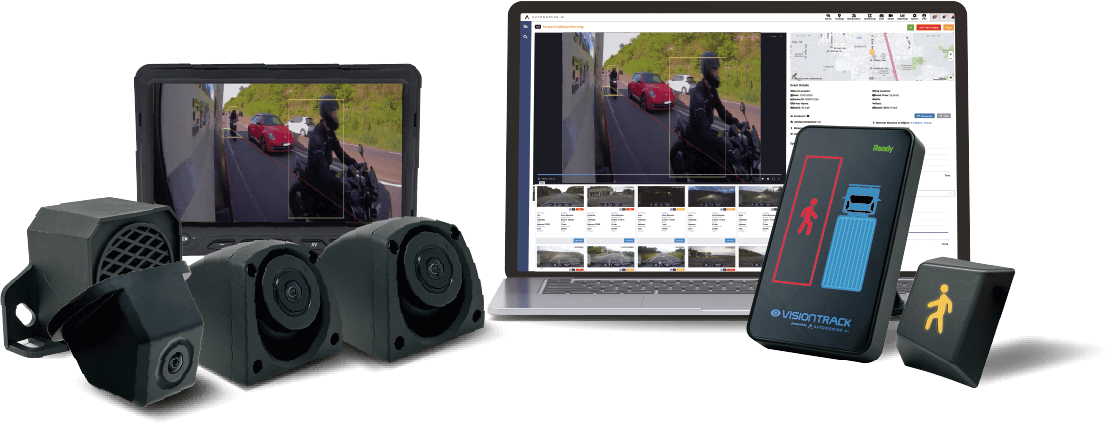
A new DVS guide will replace the Safe System from October 2024
Our guide explains what that means for your vehicle.
From 28th October 2024,
the minimum DVS rating required will be three stars
Heavy goods vehicles (HGVs) over 12 tonnes require a safety permit to operate in London.
This means that HGVs over 12 tonnes that are rated two stars or below will need to fit the new Progressive Safe System (PSS) to operate in Greater London. The Direct Vision Standard, implemented by Transport for London (TfL), is legislation aimed at increasing the safety of HGVs (Heavy Goods Vehicles) and is designed to minimise the risk to vulnerable road users caused by poor driver vision.
Since the DVS was launched in 2019, the minimum DVS star rating for HGVs to operate in London has been one star. Vehicles that were zero-star or unrated had to fit additional safety measures, which were known as the Safe System, to be able to operate in London.
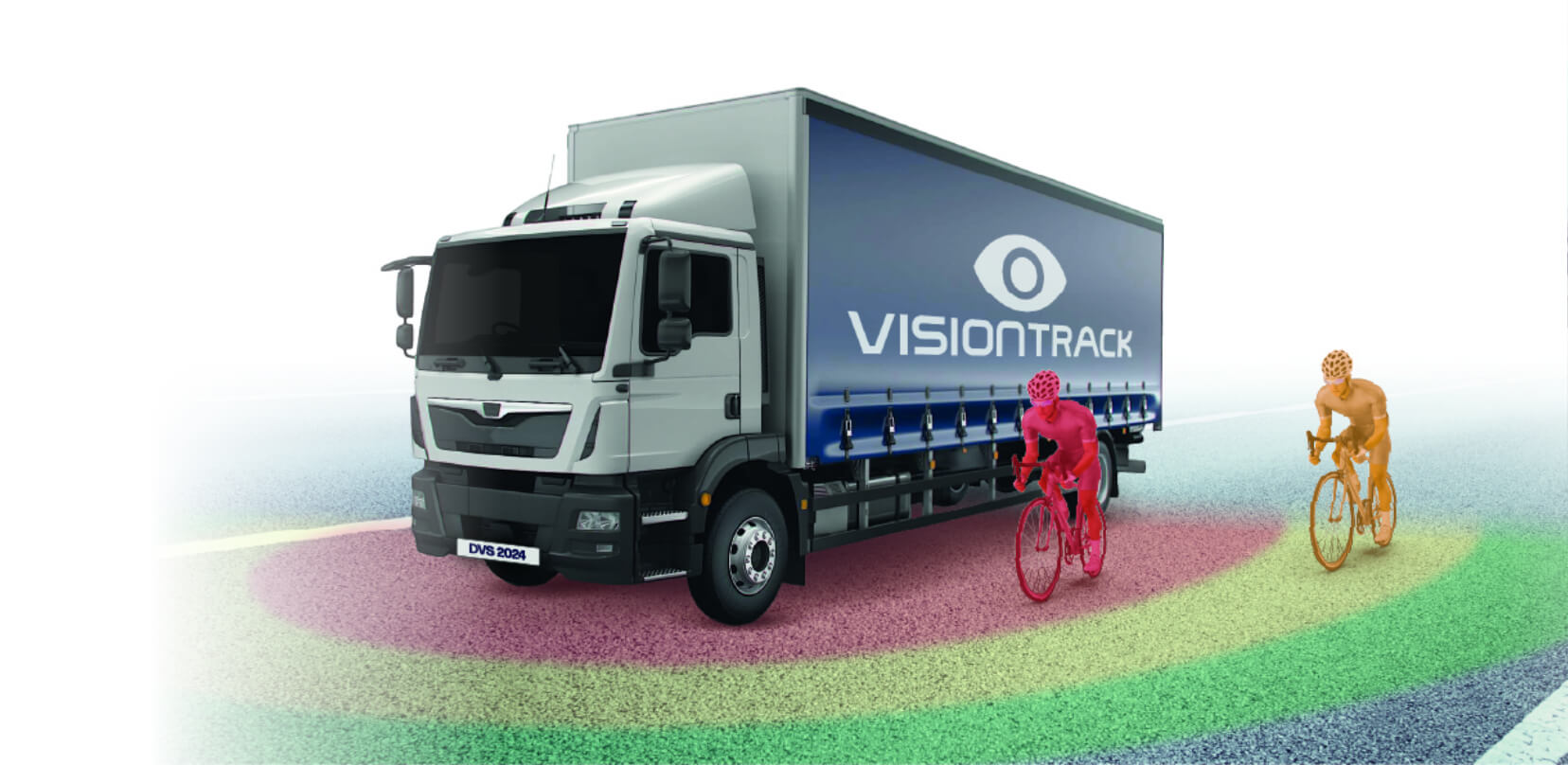
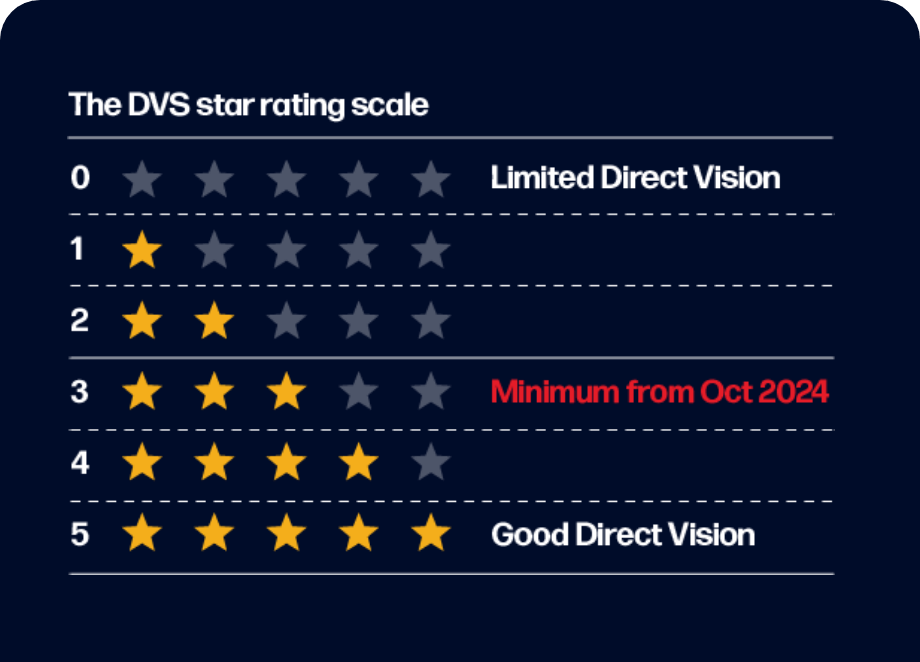

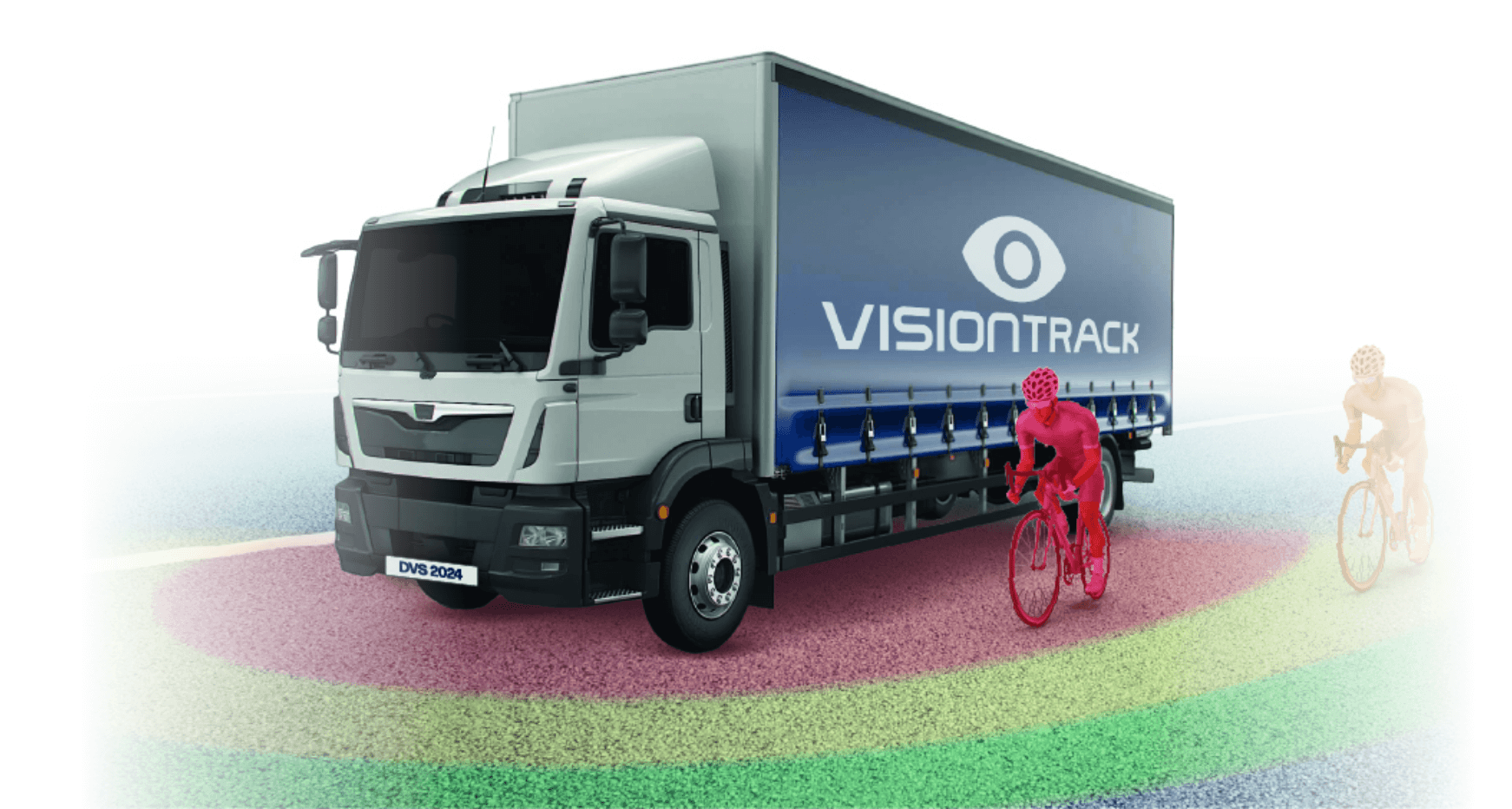
VisionTrack’s Progressive Safe Systems (PSS)
Our front and side pedestrian detection AI cameras provide added visibility and increased protection on the road in the congested urban environment. Our automatic detection systems give audible and visual alerts, warning the driver of nearby cyclists, pedestrians and other vulnerable road users, especially in vehicle blind spots.
This technology includes the Blind Spot Information System (BSIS) and Moving Off Information System (MOIS), systems that are now required in the Direct Vision Standard 2024 update issued by Transport for London and can be used as a stand-alone or integrated solution, as well as connected to our IoT cloud-based platform for advanced monitoring.
Detection
Connectivity
(Optional with MDVR)
Warning Alerts
Full HD
150º Angle
Rating
DVS-Compliant AI Camera Kits for Commercial Vehicle Fleets
Part code: VT-DVS24-PSS
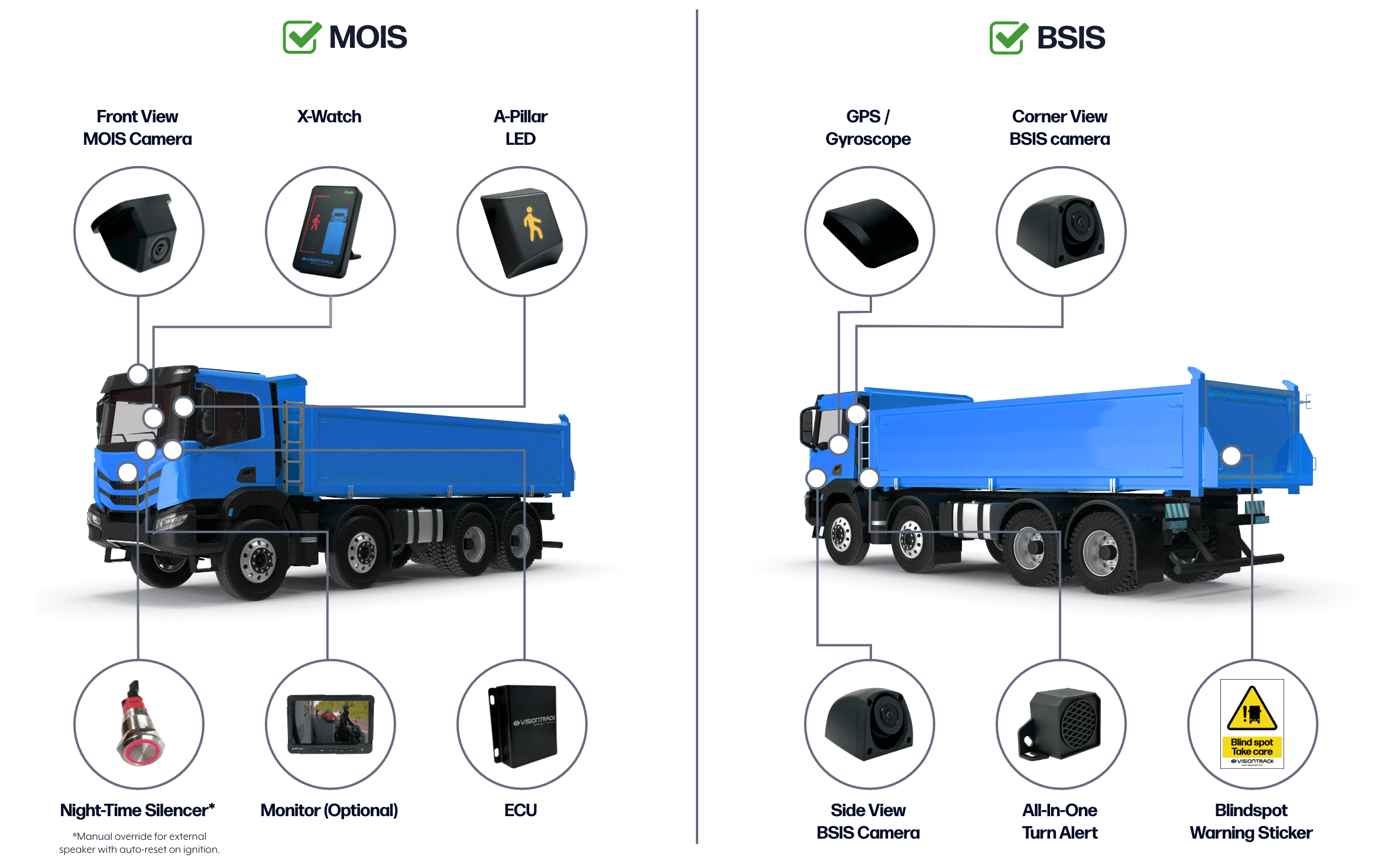
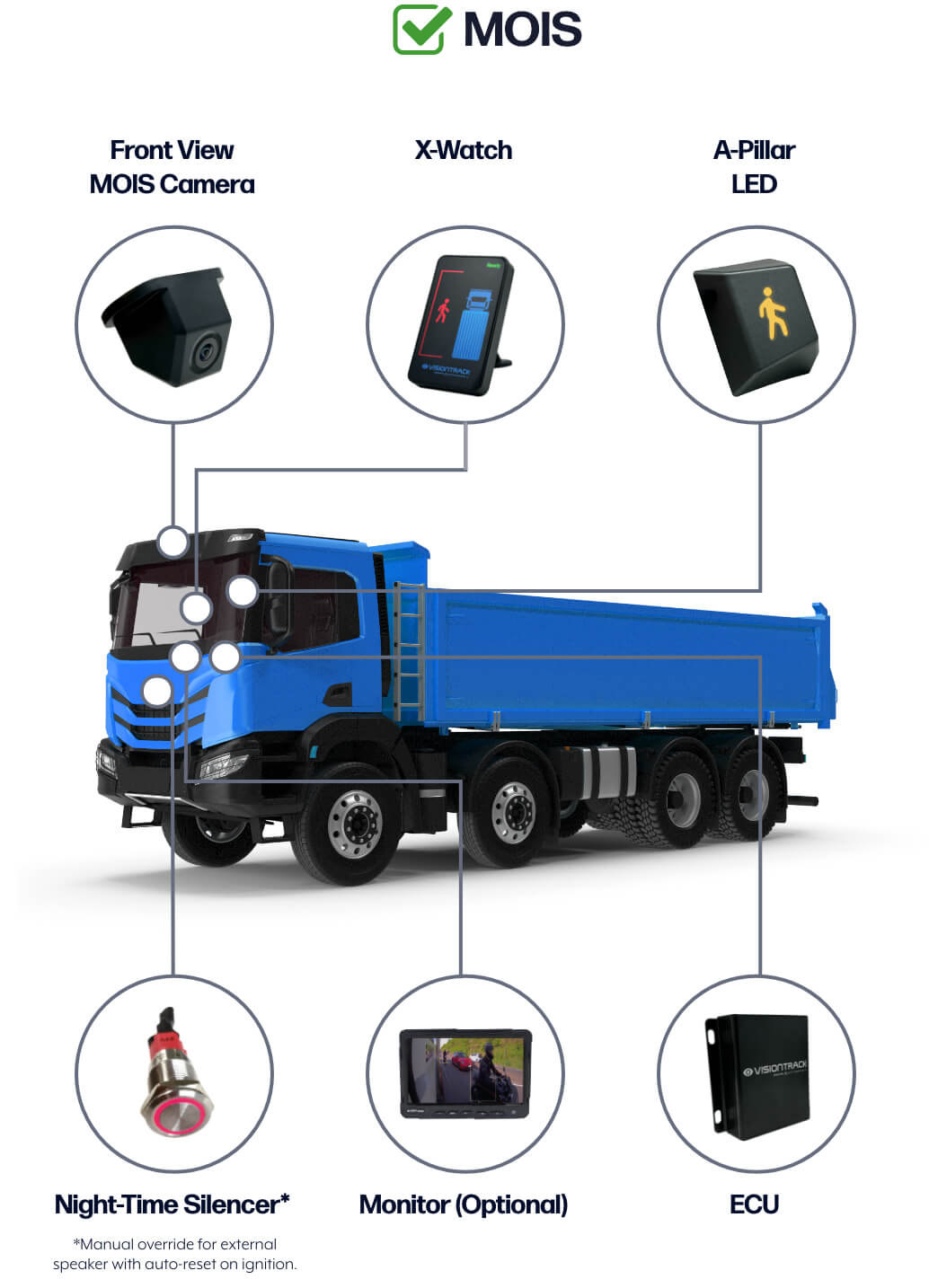
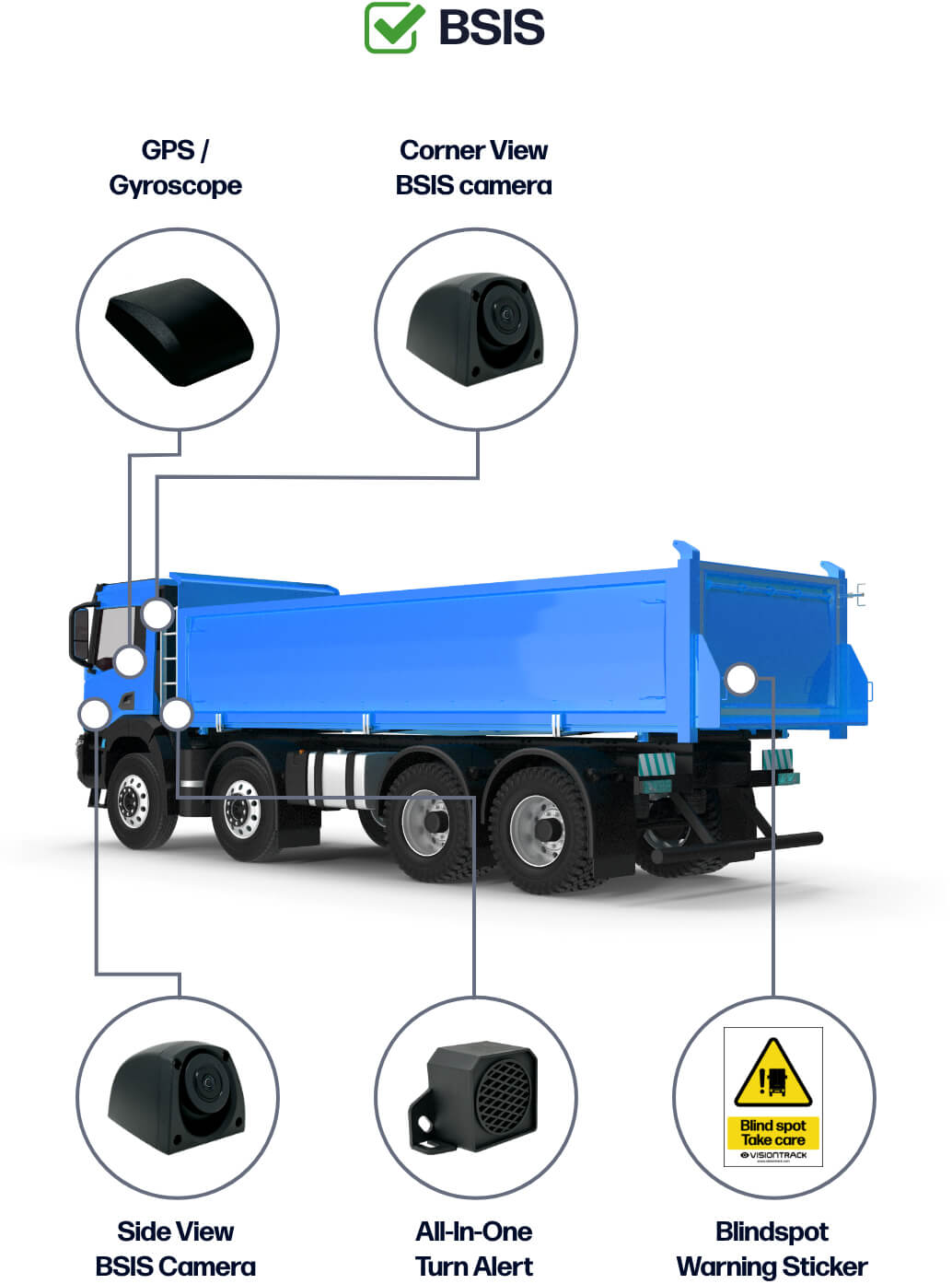
How it works
User Detection
Alerts
to Install
Road Safety
MOIS VRU detection zone and alerts
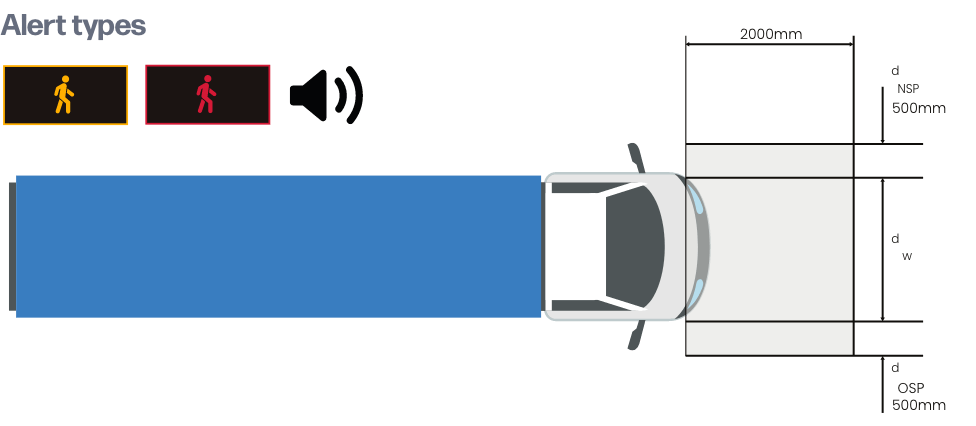
The Moving Off Information System (MOIS) camera alerts the driver when the speed is 0~5km/h (0~3mph). At speeds over 5km/h (3mph) the camera still records, only with an optional MDVR, but without audible alerts.
BSIS VRU detection zone and alerts
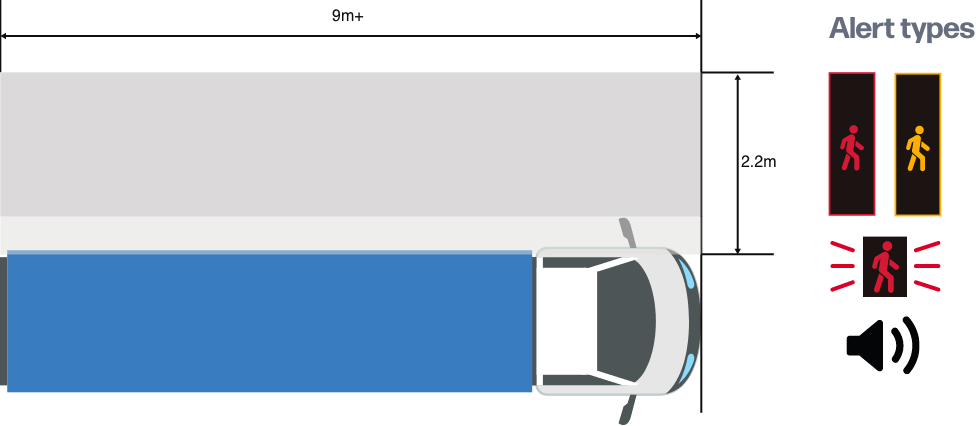
The Blind Spot Information System (BSIS) camera works at speeds under 30km/h (18mph), alerting the driver of vulnerable road users such as pedestrians, cyclists, motorcyclists and other objects. At speeds over 30km/h (18mph) the camera still continues to record, only with an optional MDVR, but without audible alerts.
FAQs
If your DVS star rating is below 3 stars, you will have to upgrade your system to comply with new safety regulations and avoid penalties when operating in Greater London.
1. You can obtain your HGV’s ‘out-of-factory’ star rating from your vehicle’s manufacturer by providing the chassis number (CN) to TfL.
2. Alternatively, check your vehicle’s rating by providing your registration number through the TfL website contact form.
3. Contact us at info@visiontrack.com and we’ll handle all the necessary checks for you.
Please Note:
The star rating does not take into account any additional safety equipment installed on the vehicle. Permits are issued on a per HGV vehicle basis, not for an entire fleet.
To achieve DVS 2024 compliance, simply input your vehicle information on the TfL platform (tfl.gov.uk/modes/driving/dvs-safety-permit-application). Once completed, your vehicle will be DVS-compliant for the next decade after installing a PSS Kit.
Failure to comply with DVS in Greater London results in a daily penalty of £550, which can be reduced to £275 if paid within two weeks.
Please Note:
The fines are anticipated to increase in 2024 with TfL’s heightened safety standards.
Contact our sales team for more product and platform information




